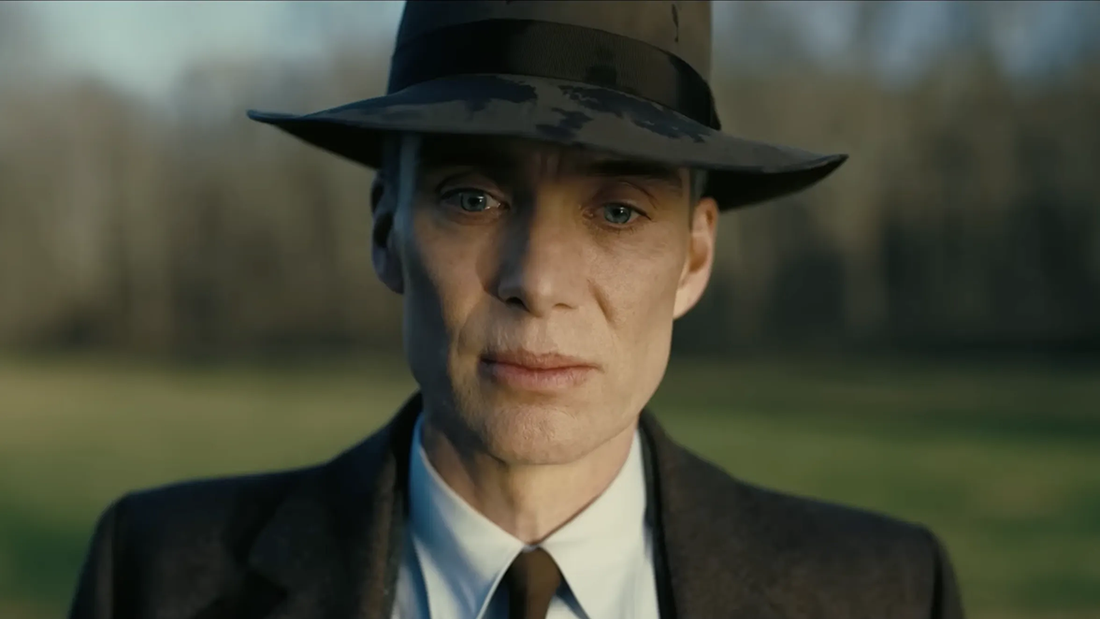
Review: Oppenheimer – Omnicidal tendencies
Directed by Christopher Nolan
Starring Cillian Murphy, Robert Downey Jr., Josh Hartnett, Emily Blunt, Matt Damon
8/10
With a film about this subject matter, it’s certainly going to be heavy stuff. Detailing the creation of the nuclear bomb in the midst of World War Two, the film uses its title character to explore the exceptionalism and overpowering guilt of both the man himself and the United States at large.
Robert Oppenheimer (Cillian Murphy) is first seen as a bit of a bumbling, though insightful young physics student, who wishes to bring the seriousness of his subject from Europe to the United States. His incredible work ethic and unconventional theorising lands him as the main man behind the Manhattan Project, the United States’ effort to devise a weapon to “end all wars,” and he enlists the help of many physicists from the US and Europe – all the while careful not to introduce any communists, anti-Americans, or spies into this country’s most important project ever.
As is expected from Christopher Nolan, he’s not fond of holding the audiences’ hands, as seen in his twistier stories like Inception and Tenet, and it’s no different here. There may be plenty of talking, but there’s not always the exposition to explain certain historical contexts as the film whips by.
Nolan is certainly no filmmaker who makes his films an easy-going experience that can be fully appreciated and decoded in one sitting. Oppenheimer is so damn dense, it’s likely to be even further appreciated on further viewings. Nolan has made this film for the ages, it’s been crafted to, let’s put it this way, not have such a short half life.
As detailed as this storytelling is, it can all feel rather unhinged and undisciplined with its switching between different timelines: young Oppenheimer and his family issues, the theorising of how to make the bomb as powerful as possible, the testing of the bomb in the Manhattan Project, and the political aftermath in the age of McCarthyism. The film works stupendously to incorporate all these elements of this real-life story, and it has plenty of time to do so, but the editing from one timeline to another makes almost the entire film feel like a montage. There’s not many moments where the film situates itself in one moment and lets it breathe, and when it does, it usually results in the film’s best scenes.
For a whopping three hour film, there’s going to be issues popping up here and there, but they don’t drag this monumental work down so much. This is a lovingly crafted film, very dialogue-heavy, though still engrossing and downright haunting as a fully realised portrait of not only this man, but of the monumental tensions and challenges of this era.
DAVID MORGAN-BROWN
